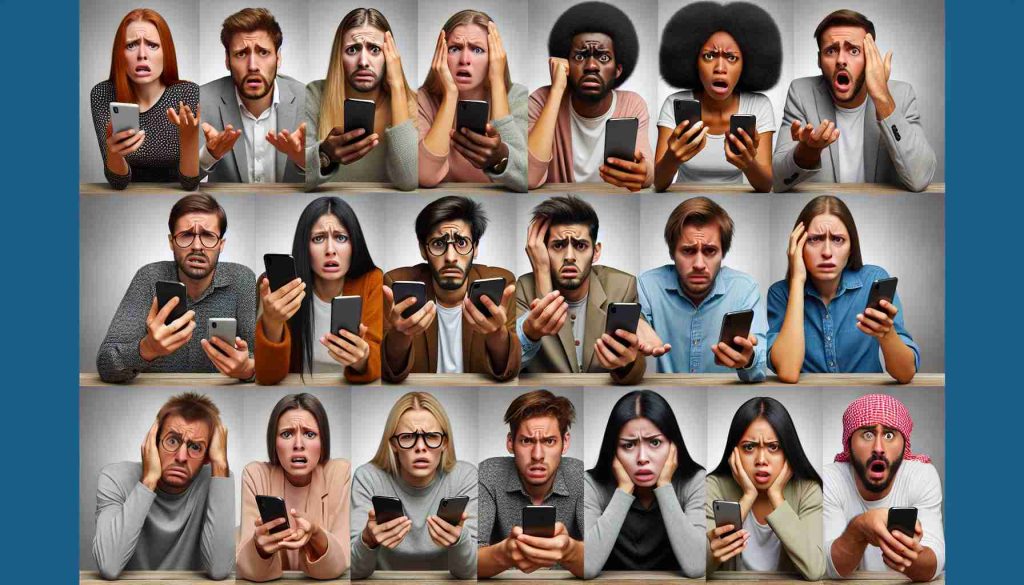In a recent ruling, the Court of Justice of the European Union has determined that law enforcement can obtain information from individuals’ mobile phones, even if they are not suspected of serious crimes. This decision was sparked by a case in which an Austrian citizen challenged the police’s seizure of their phone after receiving a package containing cannabis.
The Court expressed concern that restricting police access solely to significant offenses would unduly hamper investigative powers. Such limitations could lead to greater impunity for various crimes, as noted by the judges. They ruled that mobile data access should typically require prior approval from an independent authority, except in urgent situations.
This ruling has resonated within civil liberties circles, especially among organizations advocating for digital rights. An analysis from the European Digital Rights (EDRi) coalition highlighted the complexities surrounding police access to mobile data. They pointed out that there is no technical means to restrict access to specific information on devices, raising significant privacy concerns.
As this debate continues, the implications of this decision will likely shape the relationship between privacy rights and law enforcement practices across Europe. The balance between public safety and individual freedoms remains a pressing issue as authorities adapt to evolving technological landscapes.
Understanding Digital Rights: Tips and Insights on Navigating Privacy in the Digital Age
In light of the recent ruling by the Court of Justice of the European Union regarding police access to mobile phone data, it is more crucial than ever to be informed about your digital rights and to adopt practices that safeguard your privacy. Below are some useful tips, life hacks, and interesting facts to enhance your understanding and control of your digital footprint.
1. Stay Informed About Your Rights
Understanding your legal rights regarding personal data is fundamental. Regularly review the privacy policies of the apps and services you use. Organizations like EDRi provide valuable resources and updates on digital rights in Europe, helping you make informed choices.
2. Utilize Encryption
Strong encryption can protect your personal data from unauthorized access. Consider using messaging apps that offer end-to-end encryption, such as Signal or WhatsApp, which ensures that only you and the recipient can read the messages.
3. Regularly Update Passwords
Change your passwords frequently and use multi-factor authentication wherever possible. This adds an extra layer of security, making it harder for unauthorized individuals to gain access to your accounts.
4. Be Cautious with Public Wi-Fi
Using public Wi-Fi can expose your data to risks. Avoid accessing sensitive accounts or sharing personal information when connected to unsecured networks. If necessary, use a Virtual Private Network (VPN) for a secured connection.
5. Review App Permissions
Regularly check and limit the permissions you grant to apps on your mobile device. Many apps request access to data and features unrelated to their core function. Restricting these permissions can help minimize potential data leaks.
6. Use Privacy-Focused Browsers
Switch to browsers that prioritize user privacy, such as Brave or Firefox with privacy settings enabled. These browsers often come with built-in trackers and ad blockers, enhancing your online privacy.
Interesting Facts:
– Did you know that in the EU, the General Data Protection Regulation (GDPR) grants individuals significant rights over their personal data? Under this law, you can request access to your data and even ask for its deletion in certain circumstances.
– In the evolving landscape of technology and law enforcement, studies show that public opinion is increasingly leaning towards stronger privacy protections, reflecting a growing awareness of the importance of digital rights.
With these tips in mind, you can better navigate the complexities of privacy in the digital age. Remember, while technological advancements offer many conveniences, they also present challenges to personal privacy that necessitate vigilant protection. Stay proactive in safeguarding your digital presence and keep informed about the ongoing developments in digital rights.
For further insights and updates on digital rights and privacy issues, consider visiting EDRi, where you can find detailed information and advocacy resources related to your digital liberties.























